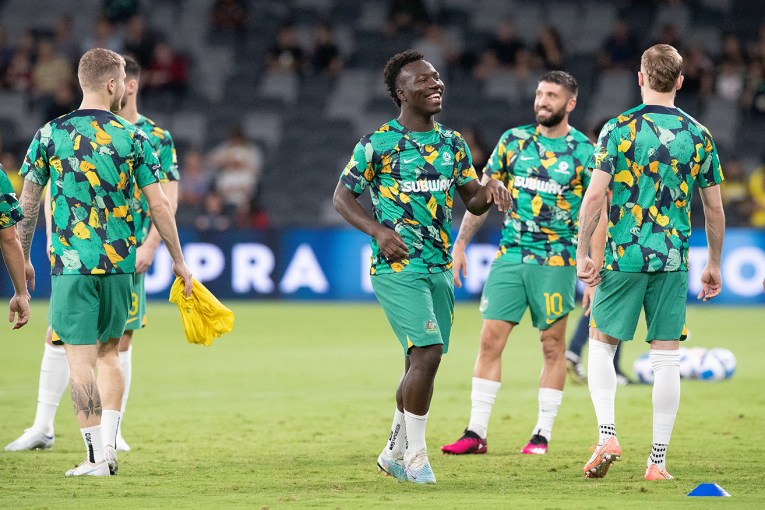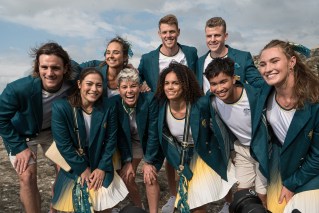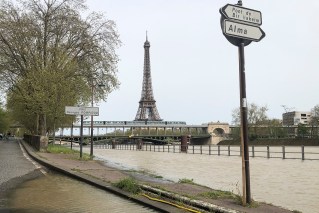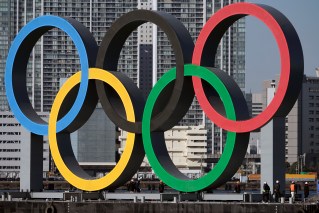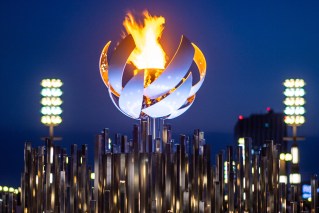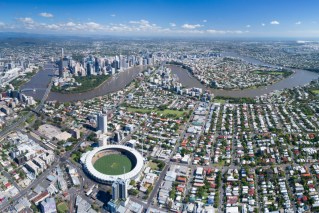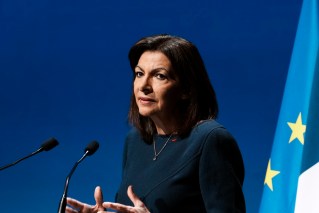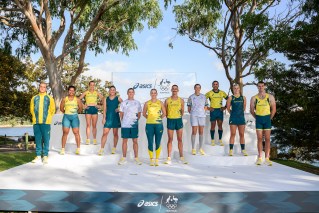Russian officials backflip, deny admitting to systematic doping

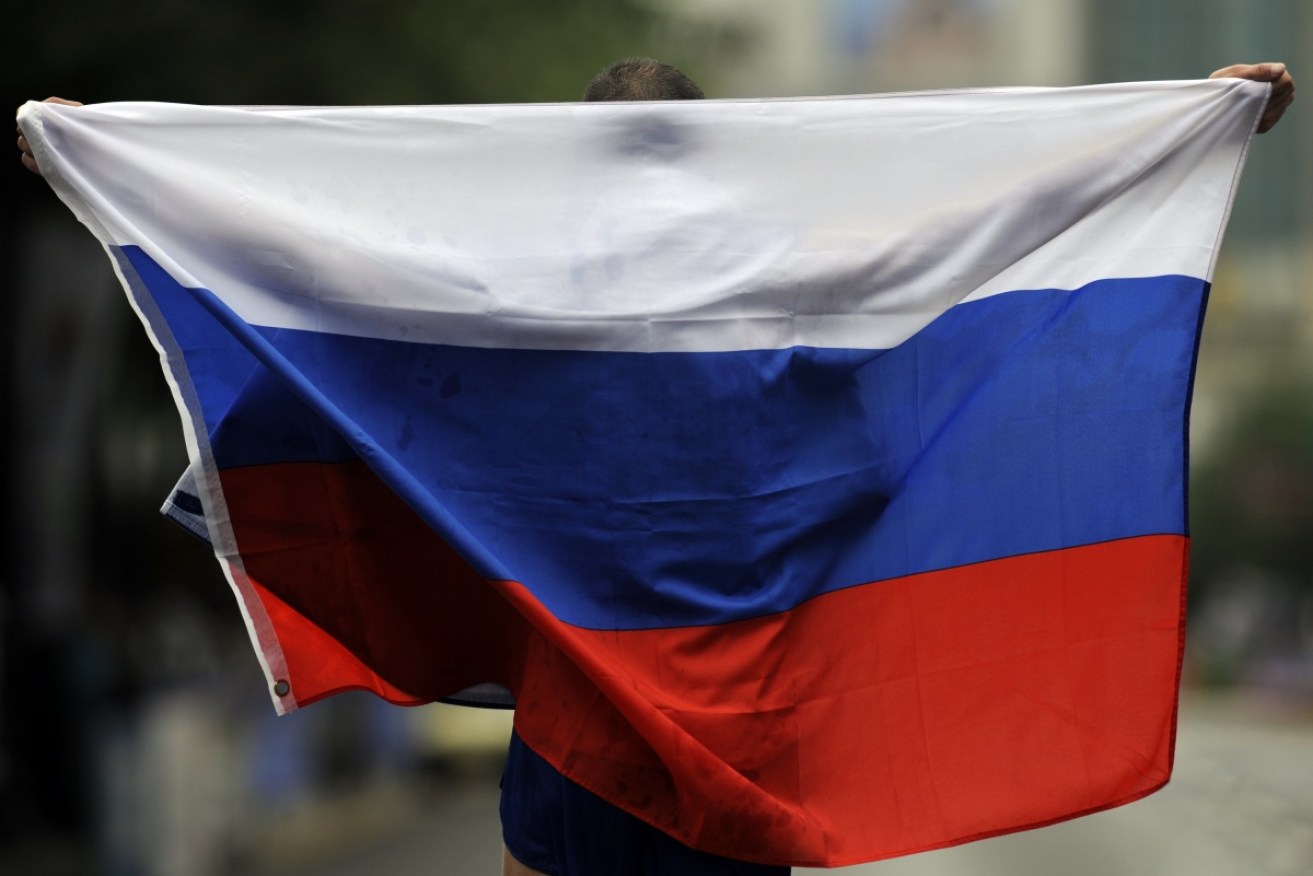
Russian officials sensationally admitted to a doping regime among the country's athletes. Photo: Getty
UPDATE 7am AEDT
Russia’s anti-doping agency RUSADA on Wednesday denied it had admitted to mass doping in the country’s sports system and that a report in the New York Times which suggested as much, was a distortion of its position.
Instead, RUSADA said that the words of the official quoted in The New York Times saying doping had been an “institutional conspiracy” had been “distorted” and “taken out of context”.
“We want to underline that RUSADA does not have and could not have the authority to admit or deny such a fact (of an institutional conspiracy),” RUSADA said in relation to the reported admission by acting director general of RUSADA, Anna Antseliovich.
“The Russian Federation’s Investigative Committee is looking into the matter (of doping). Every accused sportsperson has the indisputable right to object to the accusations.”
The US newspaper reported earlier on Wednesday that RUSADA officials had for the first time admitted there had been an organised conspiracy to dope in Russia.
EARLIER
After months of denials, Russia’s top sports administrators have admitted to systematic and widespread doping of the country’s elite athletes.
It is the first time since rumours and allegations of systematic doping began swirling around Russian athletes that officials have admitted to institutionalised doping, marking a huge watershed in the scandal that has enveloped the country.
During several days of interviews with The New York Times, the top-flight officials said they no longer disputed “a damning set of facts” regarding the country’s doping program.
“It was an institutional conspiracy,” said Anna Antseliovich, the acting director general of Russia’s national anti-doping agency.
However, while officials did not dispute accounts of Russia’s far-reaching doping program, they stopped short of conceding that the scheme was state-sponsored or sanctioned.
The interviews followed weeks of vehement denials by Russian sports officials in the wake of the McLaren report, a seven-month inquiry funded by the World Anti-Doping Agency (WADA) and conducted by Canadian law professor Richard McLaren.
Released in early December, the McLaren report produced evidence that more than 1000 Russian athletes in 30 sports at Olympic and Paralympic level were involved in, or benefitted from, state-sanctioned doping between 2011 and 2015.
Athletes highlighted in the report included competitors at the 2012 London Olympics and Paralympics, and the 2014 Winter Olympics in Sochi, a Russian showpiece to the world where the home nation topped the medal table with 13 gold medals and 33 overall.
The report resulted in international events being relocated from Russia and in the International Olympic Committee initiating disciplinary proceedings against 28 Russian athletes from the Sochi Games.
The IOC will also re-analyse all samples from Russian athletes given at the 2010 Winter Games in Vancouver.
Sochi was stripped of the 2017 bobsleigh and skeleton world championships in an obvious loss of face for the nation which places so much stock in its sporting achievements.

Mariya Savinova and Ekaterina Poistogova are both strongly suspected of doping. Photo: AAP
Admission is an act of reconciliation
The stunning admission, coming from the highest levels of Russia’s sports administration, is being interpreted as a gesture of reconciliation to international sports bodies.
Media has speculated that the gesture is a way for Russia to re-enter the sporting world and be recertified as a country permitted to conduct drug testings and host major sports competitions.
The McLaren report was spurred by claims made by Russia’s former anti-doping laboratory chief Dr Grigory Rodchenkov, who in May told The New York Times that urine samples had been tampered with at the 2014 Winter Olympics in Sochi.
Dr Rodchenkov also alleged that athletes were provided with cocktails of performing-enhancing drugs and that Russia’s Federal Security Service broke into sample bottles holding urine.

Professor McLaren is pleased his findings are no longer disputed by Russia. Photo: Getty
Russian officials at the time reportedly dismissed the claims as unsubstantiated slander by a “defector”.
His claims were, however, backed by a further report by Professor McLaren which in July led to more than 100 Russian athletes being barred from competing at the 2016 Olympics in Rio de Janeiro.
The International Association of Athletics Federation, track and field’s governing body, suspended Russian athletes from international competition, with a ban still in place going into 2017.
Vitaly Smirnov, the 81-year-old who has been a leading sports official since the Soviet era and who has been appointed by Russian president Vladimir Putin to reform the anti-doping system, told The New York Times: “I don’t want to speak for the people responsible.”
“From my point of view, as a former minister of sport, president of Olympic committee – we made a lot of mistakes.”
Professor McLaren told the newspaper he was pleased Russian officials were no longer disputing his findings, hinting they may have been trying to staunch the flow of bad news.
“It’s damage control,” he said. “There are a number of different labels you can put on the facts, and they take a different view of government, but it’s a bit of a vocabulary game.”
– with AAP
